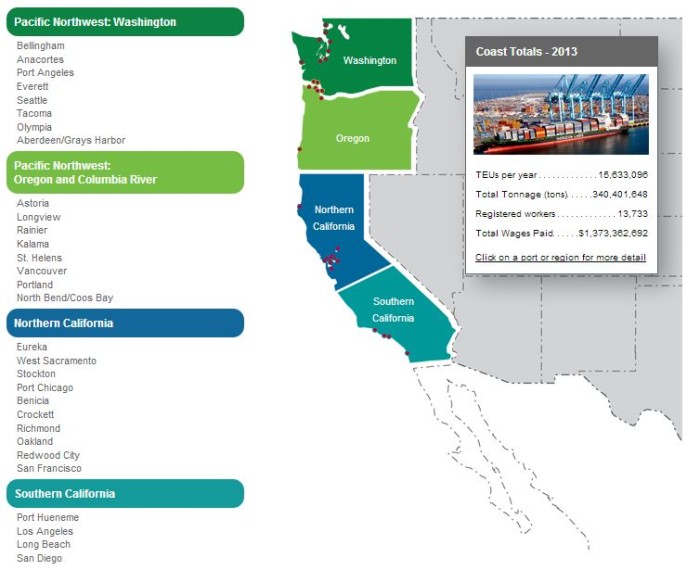Leading into the summer months, shippers, carriers, and other industry players all held their breath. Why? Because May brought the much-awaited (and sometimes dreaded) contract renegotiations between the ILWU and the PMA.
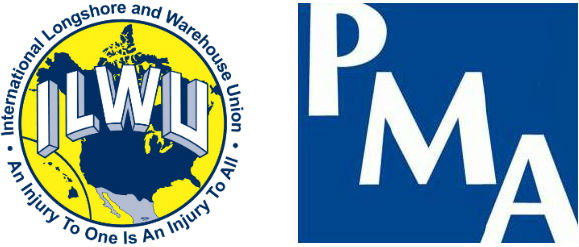
The International Longshore and Warehouse Union represents dockworkers, clerks, and foremen employed at West Coast ports, while the Pacific Maritime Association speaks for employers at the ports. The previous six-year contract officially expired on July 1st, and as in previous years, the two parties did not agree on new conditions by the deadline.
Why All the Fuss?
There are several key points that are up for discussion this year. Perhaps most pressing is the issue of an Affordable Care Act tax on the union’s premium healthcare plan. One way or the other, either dockworkers or employers are going to have to shell out $150 million per year to cover what is deemed a “Cadillac” plan.
Under the plan, employers cover 100% of premiums for health and dental care expenses for both employees and their families, while employees only pay $1 copays on prescriptions. Employers are pushing for a cost-sharing strategy, while the ILWU has insisted that it wants no part of the expensive tax. Some have suggested putting a pin in the issue until 2018, when the tax would actually take effect, and negotiating a separate contract then.
Anything Else?
In short, yes. While the healthcare issue has taken center stage, union leaders have other sticking points on their agenda as well.
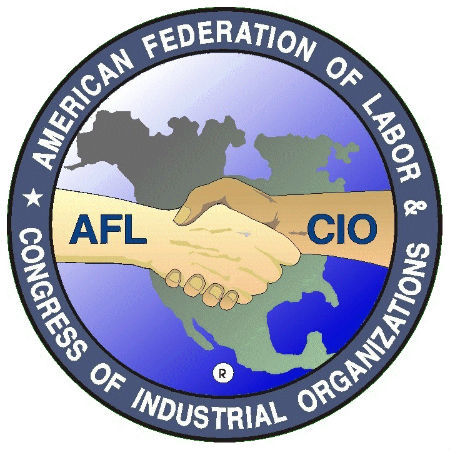 As union jobs decline, the ILWU is fighting for jurisdiction over what jobs are left at the ports. There are several workers who are represented by other unions, such as the International Association of Machinists and the International Brotherhood of Electrical Workers. While these unions coexist semi-peacefully now, the ILWU is intent on increasing its position. This might not be an issue they win out on, however, since other unions better prepare their members for the specialized skills that certain machine and electrical jobs require.
As union jobs decline, the ILWU is fighting for jurisdiction over what jobs are left at the ports. There are several workers who are represented by other unions, such as the International Association of Machinists and the International Brotherhood of Electrical Workers. While these unions coexist semi-peacefully now, the ILWU is intent on increasing its position. This might not be an issue they win out on, however, since other unions better prepare their members for the specialized skills that certain machine and electrical jobs require.
The ILWU withdrew from the umbrella union AFL-CIO last year for not supporting its jurisdictional concerns, so time will tell the kind of impact the union will have in coming years.
It’s going to be tricky for the PMA to offer many concessions in the way of jurisdiction anyway, since it doesn’t control all the jobs on the waterfront and unions like the IBEW and IAM tend to negotiate individual, long-term contracts with employers. That being said, jurisdictional issues may continue to arise outside of contract years and will likely garner a lot of attention as work evolves and employers demand different skillsets.
What Other Skillsets?
It essentially boils down to automation concerns. It wasn’t until 2002 that employers even won the right to use computer technology at the ports, and not until 2008 that automated cargo-handling equipment was introduced by the waterfront.
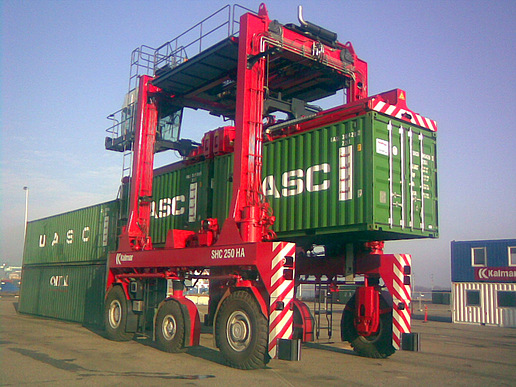
The ILWU has challenged the use of such technology at various points in the past, but eventually the PMA has always been able to move forward with automation systems. As a courtesy, individual employers usually sit down with ILWU leaders to discuss manning and usage issues.
With the evolution of new technologies that can replace dockworkers and clerks, the ILWU may lose steam as more jobs go to the engineers and electricians outside of the union who can work the necessary machines.
Is There Anything That Won’t be an Issue?
Contrary to what is often a central concern to other unions, wages will likely not have any major place in negotiations. This is because dockworkers, clerks, and foremen are some of the best paid union workers in the country.
Full-time workers typically rake in more than $140,000 annually, in addition to benefits packages amounting to roughly $80,000 per worker per year. On the high end, clerks can earn over $200,000 and some foremen are paid in excess of $300,000 annually. Considering that this is more than some doctors make, both sides generally agree to moderate wage increases every few years without much contention from either party.
How Does This Affect Shippers?
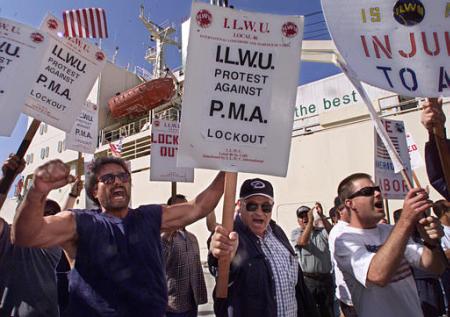 The issue is isolated to ports on the West Coast – including those in major cities like Los Angeles, Portland, and Seattle – so shippers need to be concerned about disruption in service for any containers arriving in or departing from several cities in California, Oregon, and Washington. This is no surprise; there is always a risk that transport will slow down every six years as contracts are renegotiated.
The issue is isolated to ports on the West Coast – including those in major cities like Los Angeles, Portland, and Seattle – so shippers need to be concerned about disruption in service for any containers arriving in or departing from several cities in California, Oregon, and Washington. This is no surprise; there is always a risk that transport will slow down every six years as contracts are renegotiated.
The worst-case scenario is that there is a repeat of what happened in 2002, when laborers went on a 10-day strike. Back in 2002 President Bush enacted the Taft-Hartley injunction, which effectively forces ports to reopen. Many are skeptical that President Obama would be so quick to use the injunction, however, for fear of upsetting the unions from which he has garnered so much support in the past.
What is more likely is that workers will take to picketing and slow-downs to put pressure on the PMA to accept their demands. Back in May both the PMA and ILWU both said they didn’t anticipate any major disruption in service, but six weeks later there is still no agreement, so slow-downs seem more likely.
How are Shippers Responding?
Of course the obvious reaction is to avoid West Coast ports whenever possible. A survey back in May revealed that more than 2/3 of shippers had plans to divert shipments away from the coast, and of those more than 75% intended to use East or Gulf Coast ports. The remainder explained that they would be using Canadian or Mexican ports to move goods. Unfortunately there is only so much extra business these other ports can handle, and carriers say all-water routes between Asia and the East Coast are essentially saturated until further notice.
To avoid potential delays in shipments, shippers have to think way ahead; this means moving up orders, asking customers to take on additional inventory, rerouting cargo, and establishing multi-week lead times on shipments – especially those coming out of Asia.
Is There Relief in Sight?
Recent updates by both parties suggest that despite tensions between the two associations, negotiations have moved forward smoothly. The ILWU recently took a break from contract discussions to participate in its scheduled Longshore Division Caucus in San Francisco, but negotiations have resumed as of July 22nd.
With peak season in full swing and the associated surcharges at their highest of the year for most lanes, shippers and importers are understandably anxious to see a quick resolution. Although the PMA is pushing for another six-year agreement, the ILWU has suggested reverting to a three-year contract term.
Many industry players are dreading the possibility that further negotiations that will inevitably impact business could be on the horizon for 2017. For shippers and carriers, there sometimes seems to be little more to do than cross their fingers and hope for the best.

